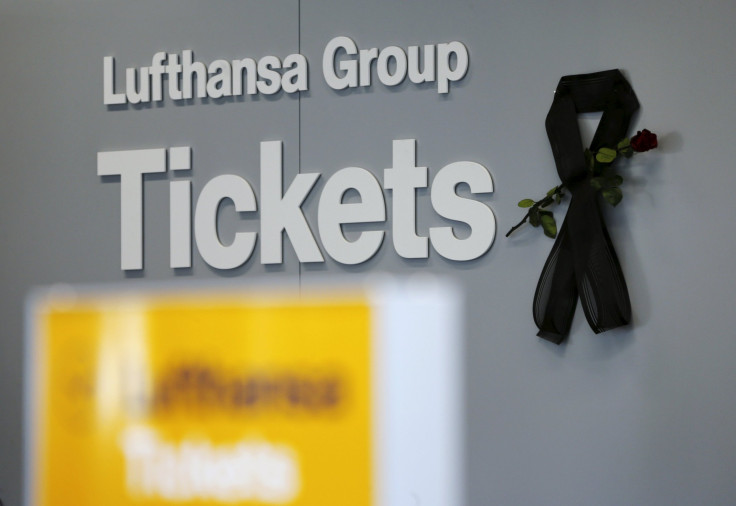Lufthansa Says It Had No 'Duty' To Report Co-Pilot's Depression To German Regulators: Reuters

Lufthansa said Monday that the airline wasn’t required to tell German regulators that co-pilot Andreas Lubitz had suffered from depression, Reuters reported Monday. Authorities believe Lubitz intentionally steered a Lufthansa-operated plane into the French Alps, in a crash that killed all 150 people aboard.
Lubitz, who was 27, became certified to fly commercial planes in 2012. In 2009, he stopped his flight school training for a period of several months, after which he informed the company by email that he had been dealing with “severe depression.”
This week, Germany’s Federal Aviation Office, the Luftfahrtbundesamt (LBA), said it had “no information at all” about Lubitz’s depression before the March 24 crash, Reuters reported earlier. The LBA issues licenses to pilots, based on what are known as fit-to-fly certificates.
On Monday, Lufthansa said it didn’t have a “separate duty” to report Lubitz’s medical history to authorities, given a set of regulations that took effect in April 2013.
The company said, according to a report by the AP, that a provision within those regulations “safeguards the position of certain pre-existing certificates of airworthiness for pilots and certificates of medical aviation medical experts."
Lufthansa said that under the regulations, aviation doctors could issue extensions on the medical certificates that say a pilot is fit to fly. "A general and separate duty to refer to the LBA did not therefore arise as a result of the change in the legal position," the company stated, according to Reuters.
Lufthansa, the parent company of Germanwings, whose airliner crashed, faces an estimated $300 million in insurance claims for the event.
© Copyright IBTimes 2024. All rights reserved.





















